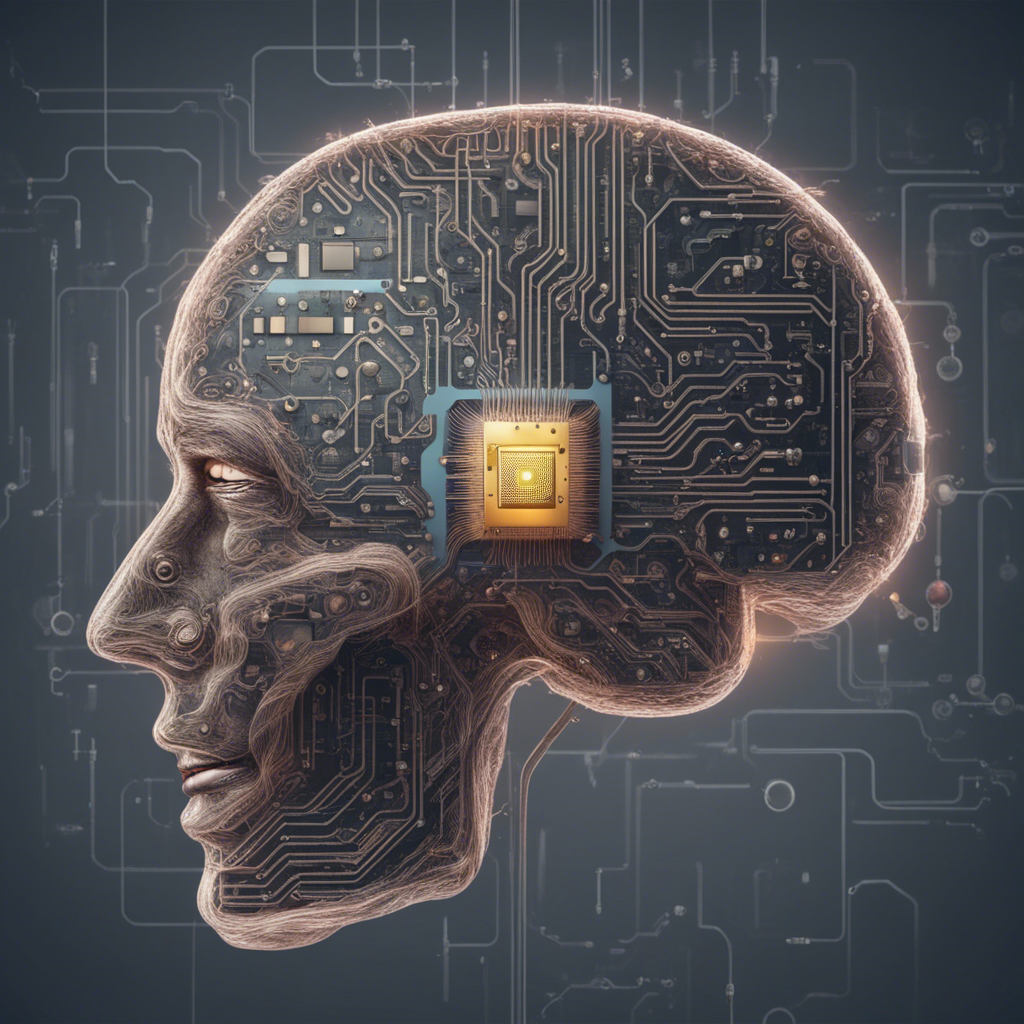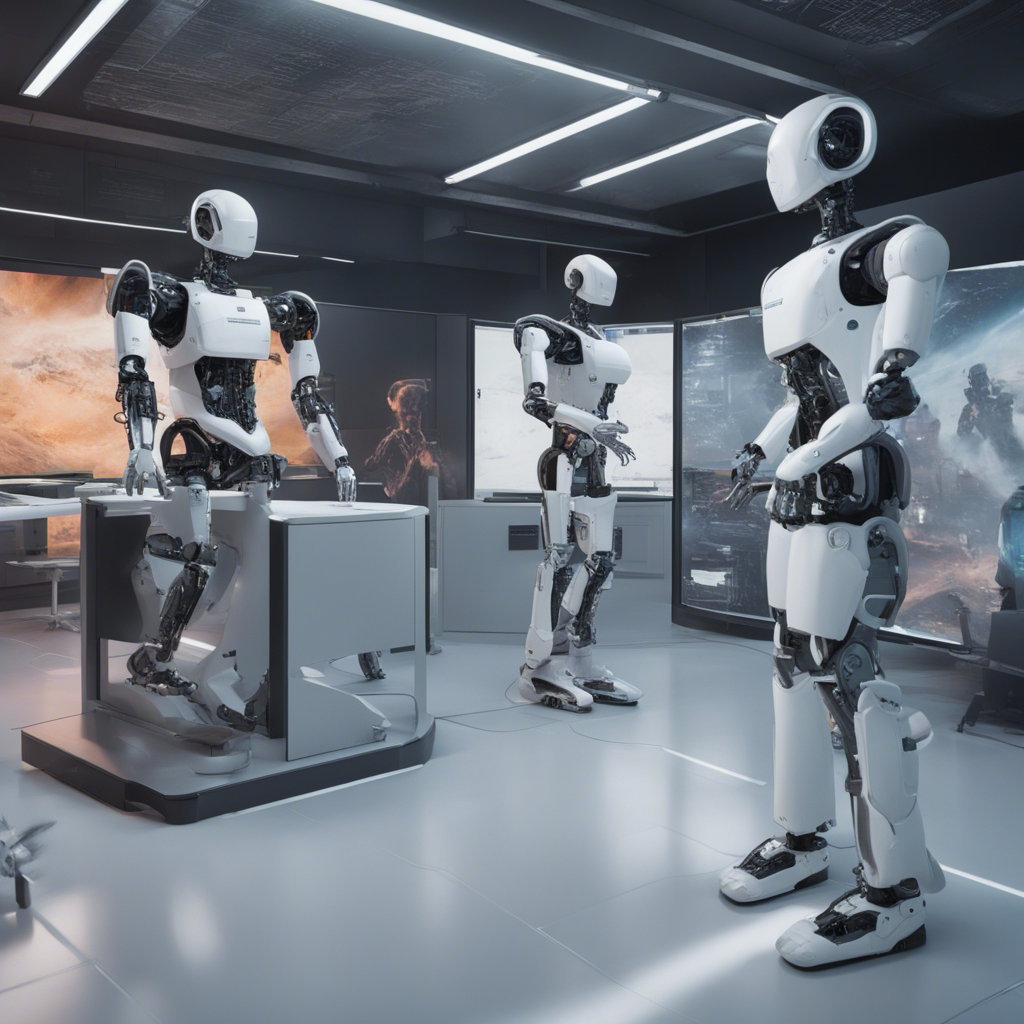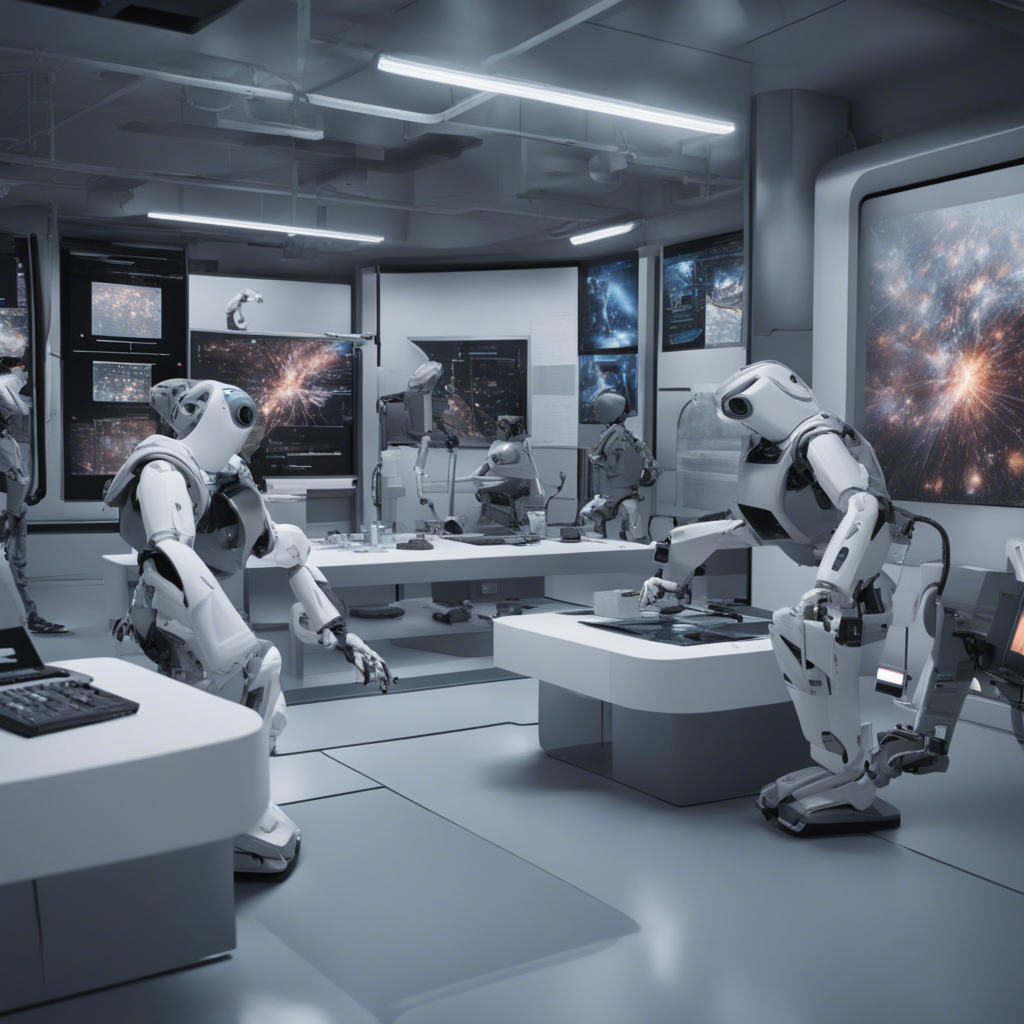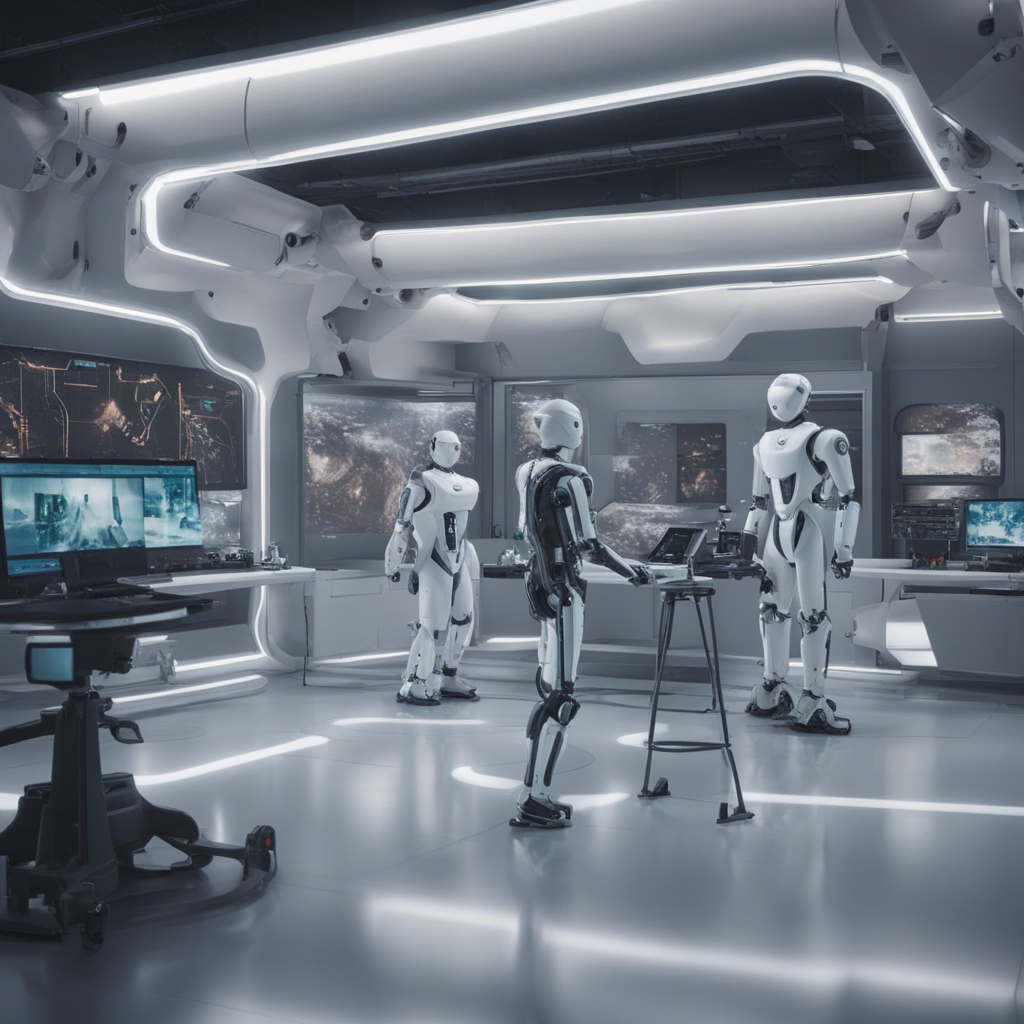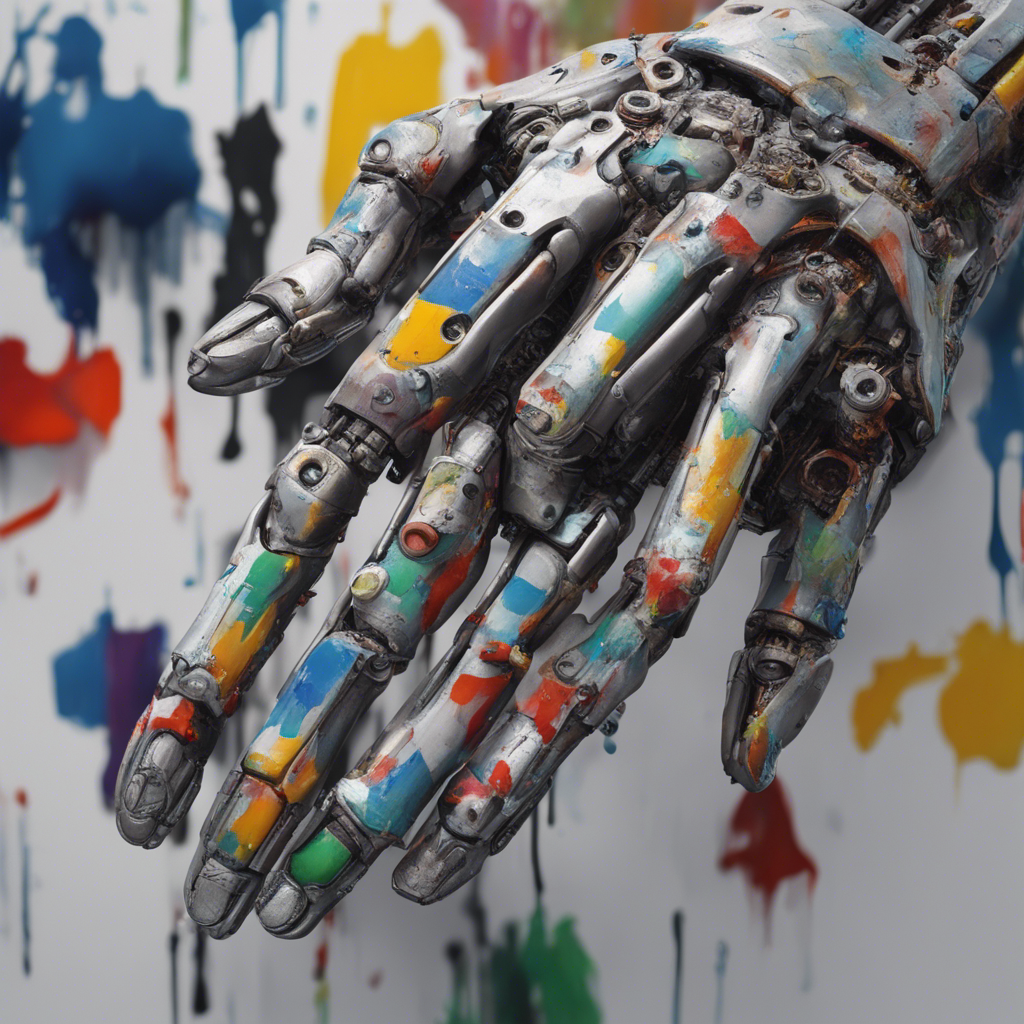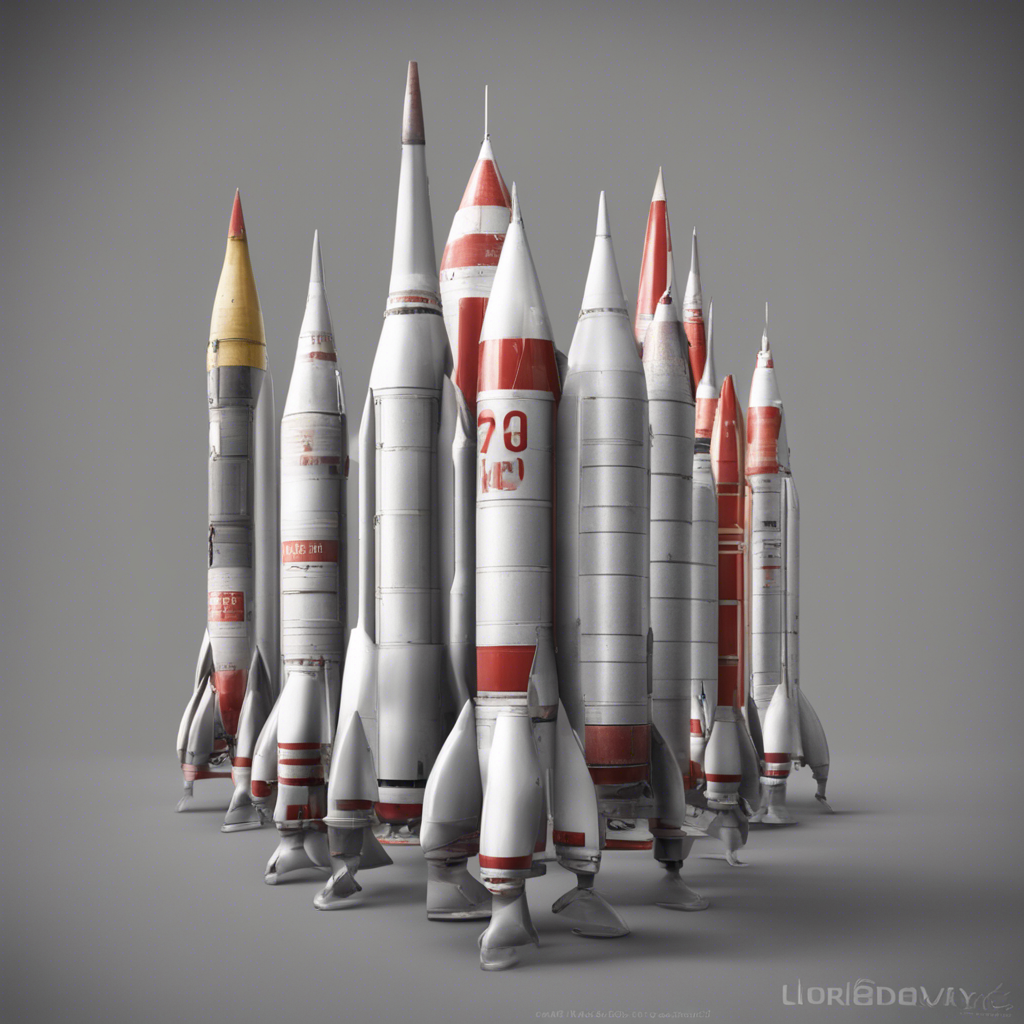
AI in Space Robots: Revolutionizing Space Exploration
Welcome to another thought-provoking blog post! Today, we will delve into the fascinating world of artificial intelligence (AI) in space robots. As space exploration continues to advance at an impressive pace, the integration of AI into robots offers unprecedented possibilities. This post will explore how AI is revolutionizing space exploration, the benefits it brings, and the challenges inherent in this technology.
The Role of AI in Space Exploration
Space exploration has always been a complex and challenging endeavor. Humans have limited endurance and capabilities when it comes to venturing into the unknown depths of space. Herein lies the incredible potential of AI-powered space robots. These robots can be designed and programmed with advanced AI algorithms to perform tasks with unmatched precision, adaptability, and durability.
Enhancing Autonomy
One key advantage of AI in space robots is their ability to operate autonomously. Unlike traditional robots that require constant human input, AI-powered robots can adapt to unforeseen circumstances, make decisions in real-time, and perform tasks without direct human intervention. This autonomy is crucial, especially when considering the vast distances and communication delays inherent in space exploration.
Collecting and Analyzing Data
AI-powered robots excel at collecting vast amounts of data. Equipped with sophisticated sensors and onboard computers capable of processing big data, they can gather, analyze, and transmit invaluable information about celestial bodies, environmental conditions, and even potential signs of life. This data is essential for scientific research, understanding the universe, and planning future manned missions.
Remote Operation and Repairs
Deployed in distant and hazardous environments, these space robots can be controlled remotely by human operators on Earth. AI enables them to execute complex repairs and maintenance tasks, ensuring the longevity and functionality of space infrastructure. Remote operation reduces the risk to human life and enables repairs to be carried out efficiently, even in extreme conditions.
Advantages of AI in Space Robots
The integration of AI into space robots brings numerous advantages, some of which include:
Risk Mitigation
Space exploration poses significant risks to human astronauts due to harsh environments, cosmic radiation, and the potential for accidents. AI-powered robots, on the other hand, can be sent to explore these hazardous areas, reducing the risk to human life and allowing us to gather essential information without endangering astronauts.
Cost Efficiency
Manning missions in space is a costly undertaking. Incorporating AI in space robots significantly reduces costs associated with human life support systems, training, and the need for return missions. By relying on AI-powered robots, we can explore more locations in space at a fraction of the cost.
Extended Reach
AI in space robots extends the reach of space exploration by enabling robots to venture into regions where humans cannot easily access. These robots can explore harsh planetary surfaces, caverns, and even underwater environments to uncover new scientific discoveries that would otherwise remain unexplored.
Challenges and Considerations
While the potential of AI-powered space robots is vast, several challenges must be considered:
Reliability and Safety
AI algorithms must undergo rigorous testing to ensure the reliability and safety of space robots. Issues, such as software malfunctions or hardware failures, could compromise critical missions or even cause damage to valuable space infrastructure.
Ethical Considerations
As AI-powered robots become increasingly autonomous, ethical considerations arise. Decisions made by these robots may have profound implications, such as encountering extraterrestrial life or managing limited resources. Clear ethical guidelines and safeguards must be established to guide the behavior and decision-making processes of AI in space robots.
Conclusion
AI in space robots is revolutionizing space exploration, providing unprecedented capabilities, and expanding humanity’s reach into the cosmos. These AI-powered robots enhance autonomy, collect crucial data, and facilitate remote operation and repairs. The advantages of employing AI in space robots—such as risk mitigation, cost efficiency, and extended reach—are numerous. However, challenges related to reliability, safety, and ethics must be addressed to ensure the responsible use of this technology.
As we continue to push the limits of space exploration, AI in space robots will undoubtedly play a pivotal role in advancing our understanding of the universe and paving the way for future feats beyond our planet’s horizon.
References:
- NASA. “AI-Powered Robots Can Take the Heat of Space Travel.” (https://www.nasa.gov/feature/jpl/ai-powered-robots-can-take-the-heat-of-space-travel)
- Wired. “AI is Changing the Way Astronauts Explore Space.” (https://www.wired.com/story/ai-is-changing-the-way-astronauts-explore-deep-space/)
- Science Robotics. “The Future of Space Exploration: Understanding and Enhancing Astronaut Collaboration.” (https://robotics.sciencemag.org/content/4/32/eaau4859)
Nice Article!


